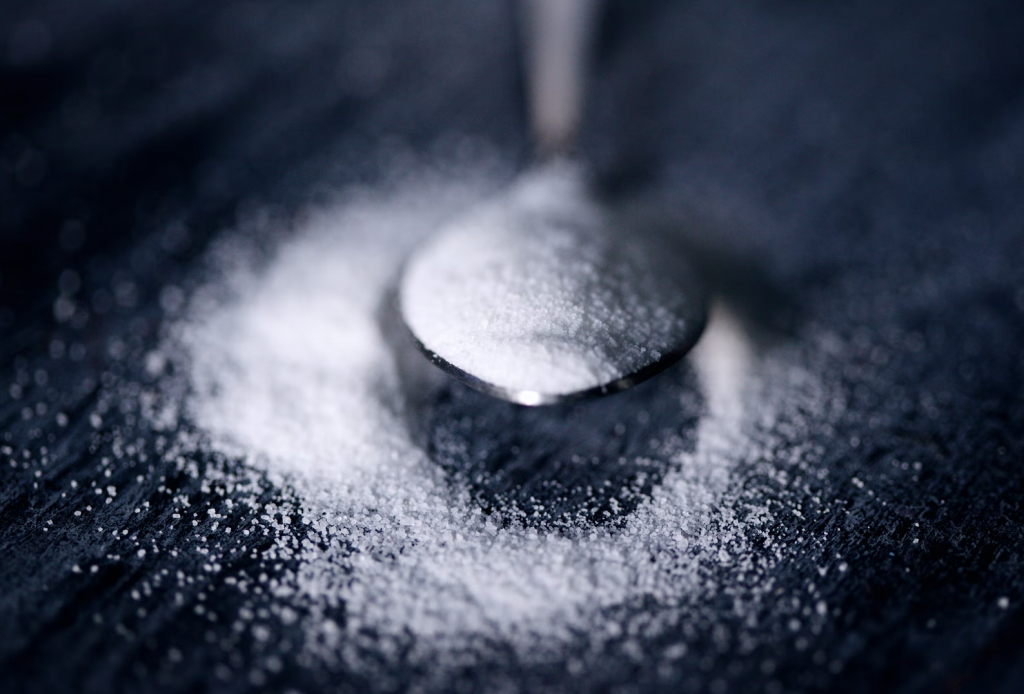We eat more and more sweets
We consume more and more sugar, and low-calorie sweeteners are also gaining more space. A survey by researchers at Deakin University in Australia between 2007 and 2019 shows a 50 percent increase in sugar and a 36 percent increase in sweeteners. The latter includes aspartame, acesulfame-K, and natural options like stevia and monk fruit extract. However, experts are not happy with this trend.

The average American adult consumes 17 spoonfuls of sugar per day. This is not only a concern for soft drinks, but the USDA also points out that the sugar content of prepackaged foods also increased by 9 percent between 2007 and 2019. Low-calorie sweeteners are considered by many to be even more dangerous because we tend to believe that we can have unlimited amounts of them.
Few people know that these so-called low-calorie sweeteners can be linked to a number of health complications: type 2 diabetes, heart disease and problems affecting the intestinal system, among others. Another problem is that because of these drinks, consumers want even more sweets, which is especially problematic for children.
Related news
Cheese-cocoa-peach jam: these are the most popular cookie flavors
🎧 Hallgasd a cikket: Lejátszás Szünet Folytatás Leállítás Nyelv: Auto…
Read more >Hungarians don’t replace their furniture – JYSK research reveals a conscious, long-term planning market
🎧 Hallgasd a cikket: Lejátszás Szünet Folytatás Leállítás Nyelv: Auto…
Read more >Related news
Tourism Business Index: improving sentiment, but the sector remains in the red
🎧 Hallgasd a cikket: Lejátszás Szünet Folytatás Leállítás Nyelv: Auto…
Read more >Lamb Days – Gastronomic Adventure is coming again on March 28–29!
🎧 Hallgasd a cikket: Lejátszás Szünet Folytatás Leállítás Nyelv: Auto…
Read more >Table reservations for National Restaurant Week start with unchanged prices
🎧 Hallgasd a cikket: Lejátszás Szünet Folytatás Leállítás Nyelv: Auto…
Read more >







